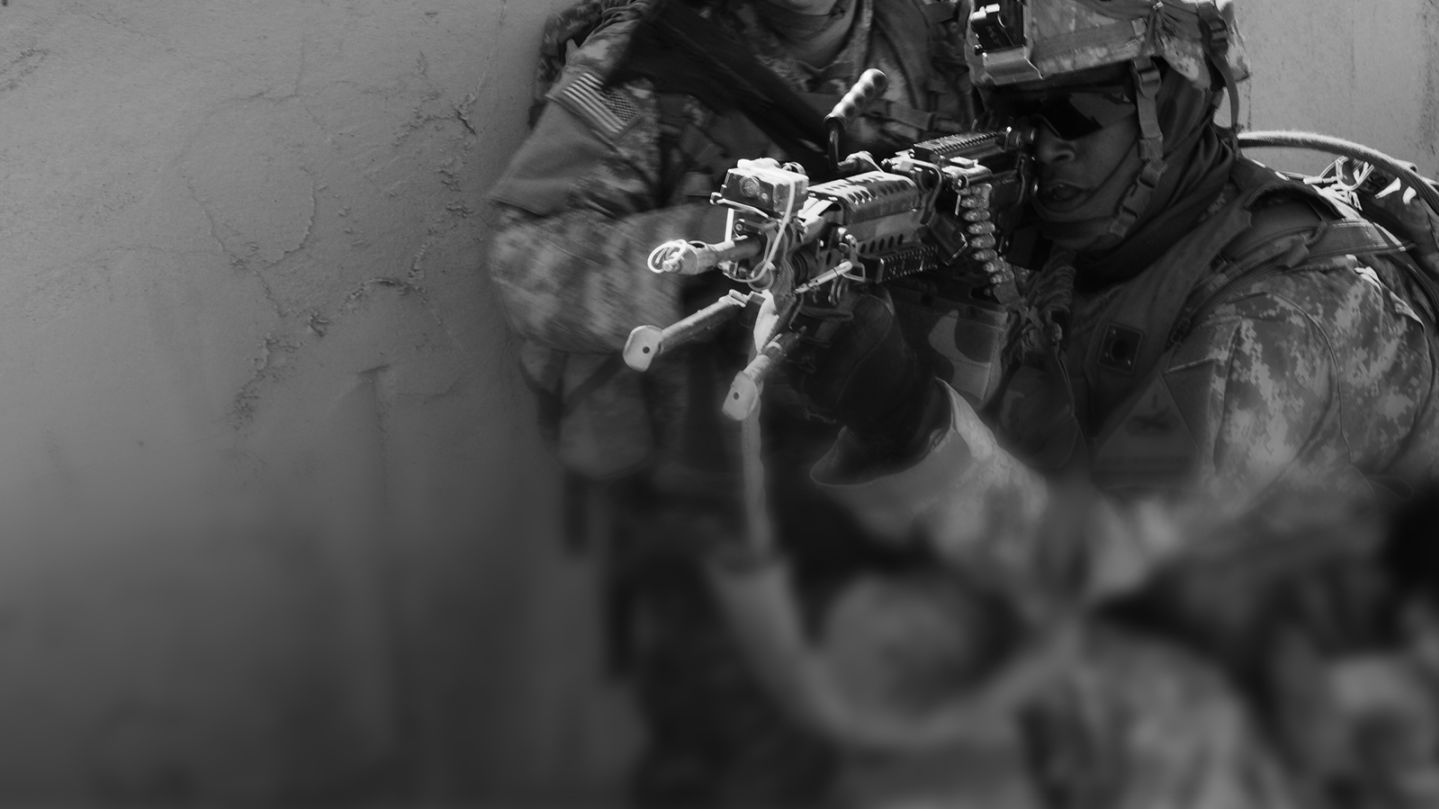Story highlights
The move is in response to recent North Korean provocations, a US official says
Earlier this week, North Korea launched a Scud extended-range missile, which US officials say exploded in flight
A US aircraft carrier-led strike group is headed toward the Western Pacific Ocean near the Korean Peninsula, a US defense official confirmed to CNN.
The move of the Vinson strike group is in response to recent North Korean provocations, the official said.
Adm. Harry Harris, the commander of US Pacific Command, directed the USS Carl Vinson strike group to sail north to the Western Pacific after departing Singapore on Saturday, Pacific Command announced. The group had been scheduled to go to Australia.
It is not uncommon for aircraft carriers to operate in that area, and the United States regularly deploys military assets, such as aircraft, to the region as a show of force. In fact, the Vinson was in South Korea last month for military exercises.
On April 5, North Korea launched a projectile, later identified as a Scud extended-range missile, into the sea off the Korean Peninsula. There were conflicting accounts about how far it flew. The regime also has recently conducted several missile engine tests as it works to improve its ballistic missile technology.
In September, North Korea says it successfully tested a nuclear warhead. Pyongyang claims it is pursuing nuclear weapons to defend itself from what it calls US aggression.
News of the carrier move comes just after a summit meeting between US President Trump and Chinese President Xi Jinping, where North Korea was one of the top items on the agenda.
“President Xi clearly understands, and – and I think agrees, that the situation has intensified and has reached a certain level of threat that action has to be taken,” US Secretary of State Rex Tillerson told CBS’ “Face the Nation” program on Sunday.
“There’s a shared view and no disagreement as to how dangerous the situation has become,” Tillerson said.
Earlier this year, China called on both North Korea and the US to tone down tension on the Korean Peninsula – North Korea by suspending its nuclear weapons program and the US by stopping military exercises with South Korea that inflame Pyongyang.
Days before the summit, Trump warned that the US was prepared to act unilaterally to stop North Korea’s nuclear program from advancing further should China be unwilling to use its leverage over Pyongyang.
But analysts say any unilateral military options for the US concerning North Korea posed significant problems.
While the US possesses overwhelming firepower compared to North Korea, an American strike on North Korea could expose South Korea to devastating casualties in retaliation, experts say.
Bruce Bennett, senior defense analyst at the Rand Corp. think tank, said in an email to CNN that the movement of the Vinson strike group to Korean waters is likely defensive in nature.
Sailing with the Vinson are the guided-missile destroyers USS Wayne E. Meyer and USS Michael Murphy and the guided-missile cruiser USS Lake Champlain, according to a statement from US Pacific Command.
The destroyers and the cruiser are all equipped with the Aegis missile defense system.
“If North Korea were to test some number of ballistic missiles by firing them into the East Sea/Sea of Japan, these warships would have the potential of intercepting the North Korean test missile,” Bennett said.
He said they aren’t carrying the weaponry needed for a strike against Pyongyang’s nuclear program, something analysts consider highly unlikely.
“Because North Korea places most of its assets underground, it will be difficult for the Vinson group to do a lot of damage to North Korea on its own,” he said.
Another Aegis-equipped US warship drilled with similar vessels from the South Korean and Japanese navies off the Korean Peninsula last month in what the US Navy called “a trilateral missile warning informational link exercise.”
US aircraft carriers
The nuclear-powered, 97,000-ton Vinson, one of 10 active US aircraft carriers, has more than 60 aircraft and about 5,000 personnel. It is based in San Diego.

























































